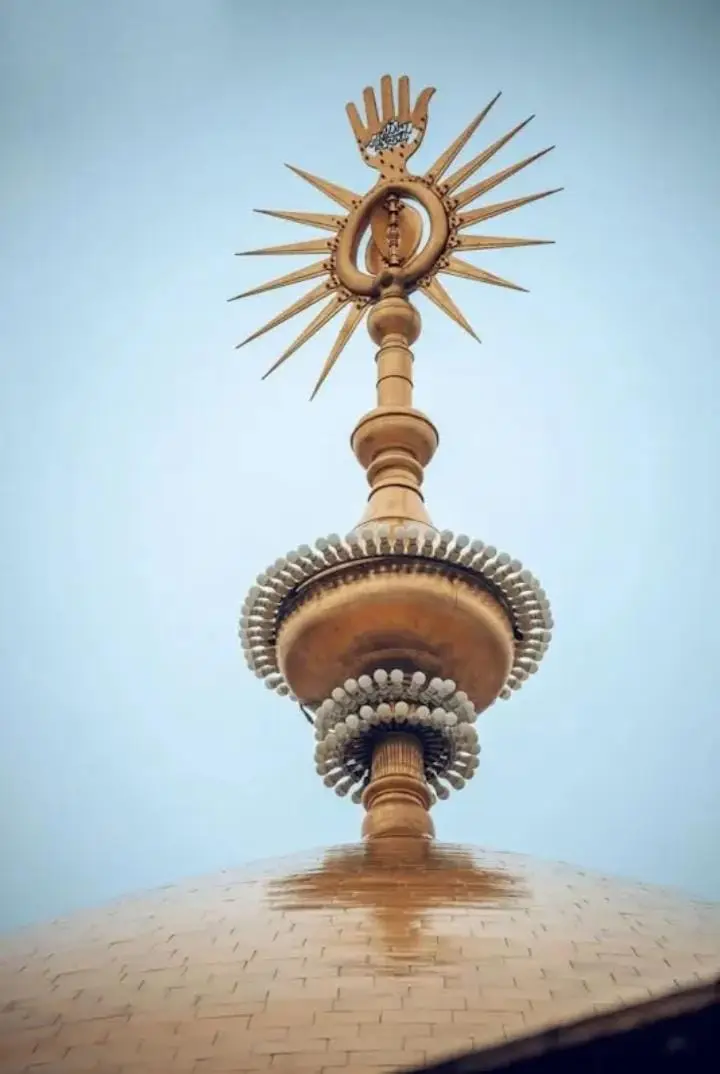Charity quotes Islam: The Prophet Muhammad’s (PBUH) cousin and son-in-law, Imam Ali ibn Abi Talib (AS), is one of the most admired and well-known individuals in Islamic history. His life is an example of piety, bravery, and unmatched wisdom that inspired humanity with its values of spirituality, leadership, and justice in addition to forming the Muslim world. Imam Ali (AS), who was born in 600 CE in the holy city of Mecca, was brought up directly under the watchful eye of the Prophet Muhammad (PBUH), who encouraged and mentored him to uphold the core tenets of Islam. Although Ali has a special place in Shia Islam, where he is regarded as the first Imam, his significance in the Islamic world is enormous, and his legacy is valued by all Muslims.
Charity quotes Islam: Birth and Early Life of Imam Ali (AS)
Charity quotes Islam: No one else has the honour of being born inside the Holy Kaaba in Mecca, like Imam Ali (AS). His mother, Fatimah bint Asad, was also of an aristocratic family, and his father, Abu Talib, was a well-respected Qurayshite chieftain. The Prophet Muhammad (PBUH) reared Imam Ali from a young age, treating him as a son and pointing him in the direction of morality and justice.
Imam Ali (AS) was among the first to accept Islam at the age of 10, supporting the Prophet during the early years of conflict and persecution. His remarkable bravery and dedication to justice and truth were evident in his steadfast support of the Prophet of Islam and the fledgling Muslim community. Everyone could see Ali’s brilliance and knowledge even as a young child, and the Prophet (PBUH) frequently referred to him as “Asadullah” (Lion of Allah) due to his bravery and courage.
Charity quotes Islam: Imam Ali (AS)'s Relationship with the Prophet Muhammad (PBUH)
Charity quotes Islam: The Prophet Muhammad (PBUH) and Imam Ali (AS) have a close, loving, and kindred relationship. In addition to being the Prophet’s (PBUH) cousin, he was also his most devoted friend. Imam Ali is frequently regarded in Islamic tradition as the custodian of the wisdom, knowledge, and direction that the Prophet (PBUH) had given him. Ali is the gate to the city of wisdom, according to the Prophet (PBUH). This demonstrates Imam Ali’s (AS) function as the custodian of this heavenly truth that was passed down from the Prophet (PBUH).
The Hijrah, or journey from Mecca to Medina, was one of the most significant events in Islamic history. To keep him safe from assassination, the Prophet (PBUH) ordered Imam Ali (AS) to sleep in his bed. Imam Ali accepted the assignment without hesitation, putting his life in danger to protect the Prophet. Given that the assassins were waiting, this episode not only showed Imam Ali’s unwavering commitment but also his courage.
Marriage to Fatima (SA)
Imam Ali (AS) wed Fatima al-Zahra (SA), the adored daughter of the Prophet Muhammad (PBUH), in 622 CE, following the migration to Medina. In Islamic history, their marriage is regarded as one of the most auspicious and spiritually significant unions. Imam Ali (AS) and Fatima (SA) led peaceful, uncomplicated lives that exemplified the qualities of devotion, humility, and piety. Hassan (AS), Hussain (AS), Zainab (SA), and Umm Kulthum (SA) were their four children. As a model father, Imam Ali instilled the great ideals of Islam in his children, who went on to become important individuals in Islamic history. The union of two of the most esteemed and moral families in Islam was symbolised by the marriage of Imam Ali (AS) and Fatima (SA). They embodied the highest ideals of Islamic morality and decency, led modest lifestyles, and frequently donated their money to charitable causes. Imam Ali’s home developed into a haven of justice, faith, and wisdom for the Muslim Ummah.
Martyrdom of Imam Ali (AS)
Ibn Muljam, a member of the Khawarij, stabbed Imam Ali (AS) in the head with a poisoned sword on 19 Ramadan (661 CE) while he was worshipping in the Kufa mosque. Two days later, on the 21st of Ramadan, Imam Ali passed away from his injuries. His martyrdom is one of the most sorrowful moments in Islamic history, particularly for Shia Muslims, who celebrate it annually with tremendous fervour.
In Najaf, Imam Ali (AS) was laid to rest.

